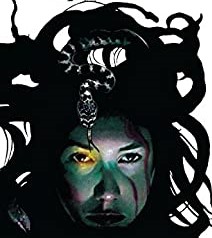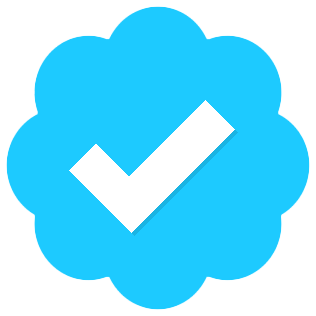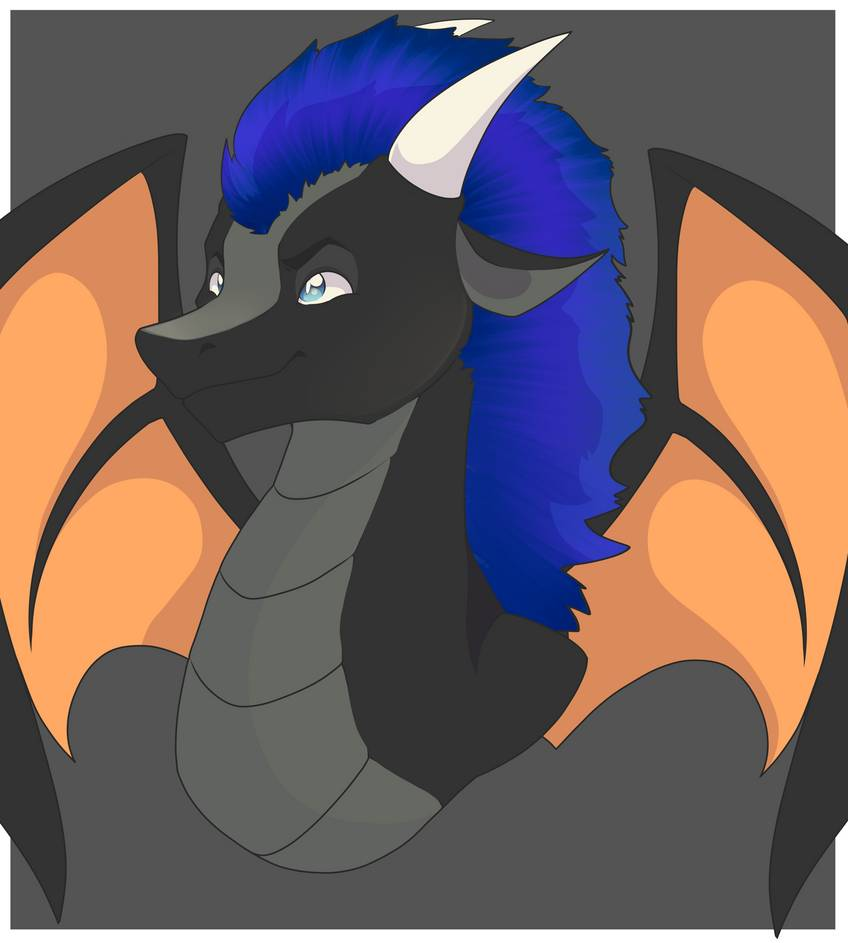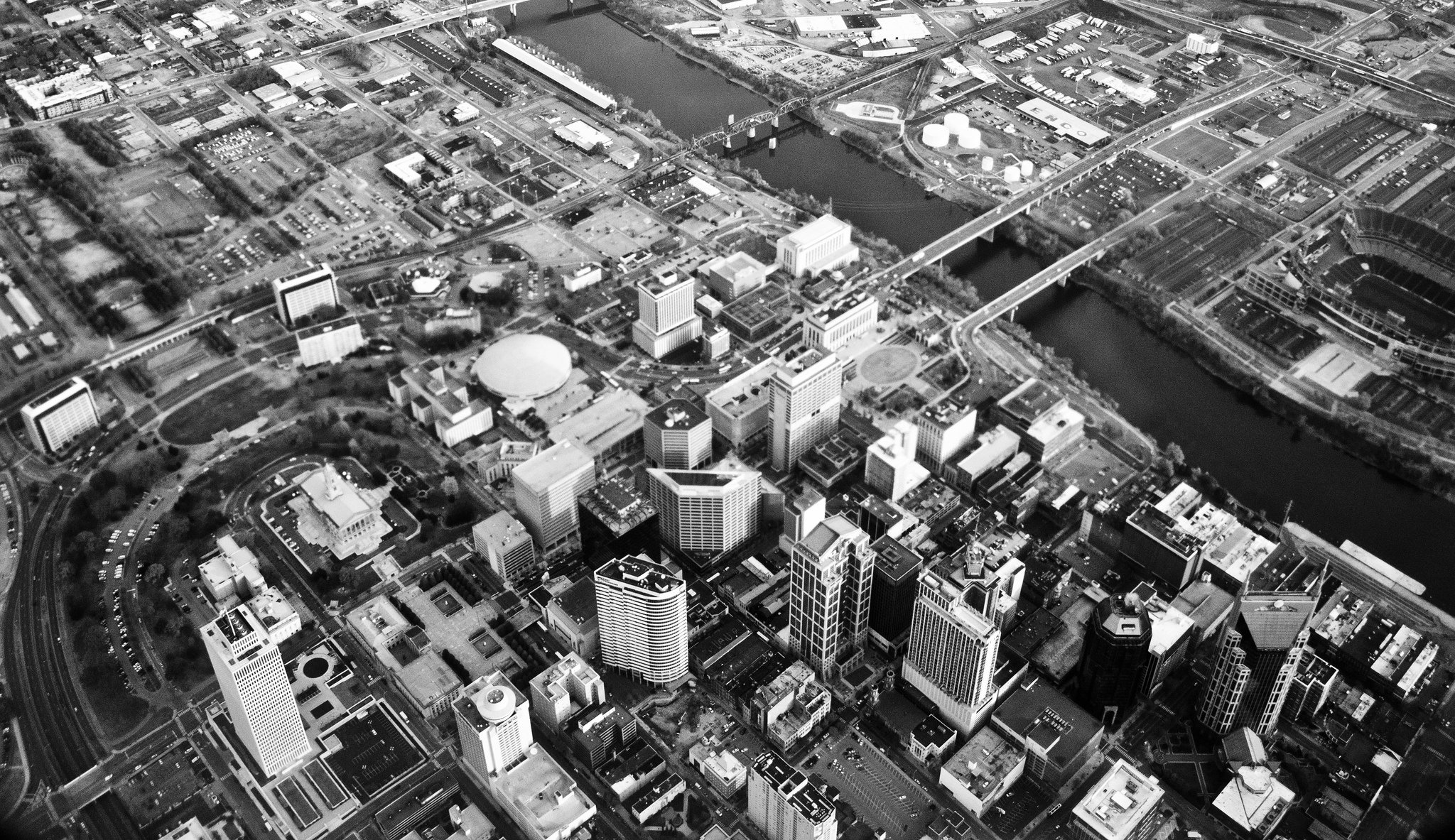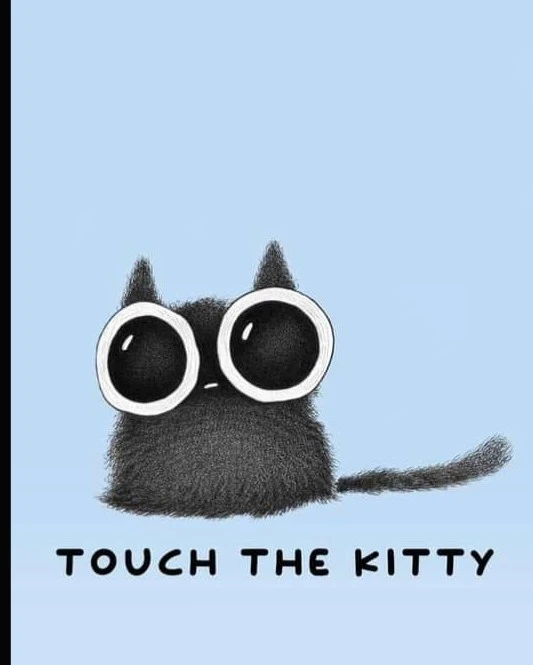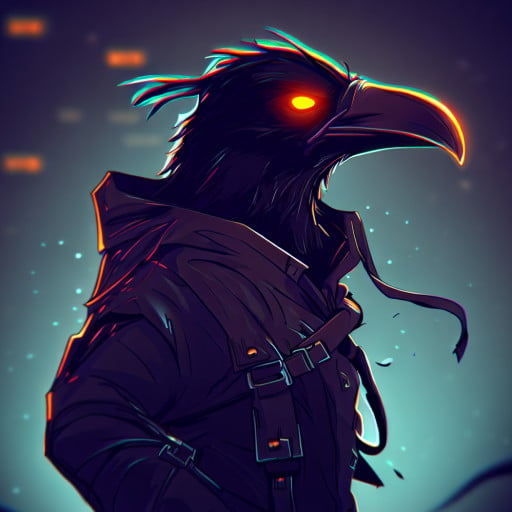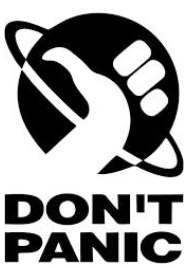The US Copyright Office offers creative workers a powerful labor protective.
Thats not really what that ruling was, in the case the AI created, and if i remember correctly also published, the work with no human intervention, making it hard to apply to pretty much any normal ai generated content.
So, if prompting is considered as human intervention, the whole ruling is absurd?
From the case itself:
Undoubtedly, we are approaching new frontiers in copyright as artists put AI in their toolbox to be used in the generation of new visual and other artistic works. The increased attenuation of human creativity from the actual generation of the final work will prompt challenging questions regarding how much human input is necessary to qualify the user of an AI system as an “author” of a generated work, the scope of the protection obtained over the resultant image, how to assess the originality of AI-generated works where the systems may have been trained on unknown pre-existing works, how copyright might best be used to incentivize creative works involving AI, and more.
So the question of how much human input is needed is still up for debate. I doubt any prompt will pass the creativity mark, but I suspect with a creative enough prompt you will likely be able to claim copyright and author ship over the works.
This case did not explore either of these ideas, only that you cannot claim the AI as the author and thus claim copyright via the work for hire clause in the copyright laws if there is no human input into the process.
This ruling IMO makes sense and is inline with other cases (such as photos being taken by an animal with no human input are not copyrightable). And IMO this is a good ruling - makes it harder for large numbers of images to be copyrighted on mass by companies or companies that own the AI claiming copyright over works their AI generated (even if the prompt was given by others).
@nous I figure a judge wouldn’t count prompts because they are basically commissions. If you commission an artist to create a piece for you, it’s still their piece. If a corporation commissions the artist to create the piece, they can own it as work-for-hire, which is EXACTLY what Thaler was trying to claim in this case, but they aren’t the creator.
If you can replace “AI” with “Professional Artist” and you wouldn’t be eligible for your amount of input, then it’s not copyrightable.
100% agree with this, simply giving a prompt to an artist doesn’t give you any leverage as far as copyright goes so why should it for AI?
There is a difference here between an AI and a “Professional Artist”. In the case of the Professional Artist they are the closest thing to the art that is considered human input. But in the case of the AI generated work - it is the prompter. In this case the AI is more like photoshop or a camera than it is a Professional Artist.
At least there are arguments that can swing this both ways. Only a court would be able to decide for sure. But I am not convinced that it is a slam dunk case in favour of making AI generated works uncopyrightable.
You might think of it this way - if you hire a photographer, and let them take some photos of something letting them have control over the process, then they will likely have a claim over the copyright.
But if you guide them on everything - from setting up the objects in a scene, to the lighting, to the settings on the camera and everything else to the point all they are doing is clicking a button on the camera - then who has the claim in that case? It is a far less clear cut case. I could see courts leaning towards the person with more of the creative input into the work than the one who simply took the picture. As it is the creative process that is important, not the one that pushed a button. Though typically the one pushing the button is also the one with most creative input into a photograph - so this case has not come up as far as I know.
The case is harder to make with an painter though as the process of painting I think would be considered a substantial amount of creative input - much more so than taking a photo. Even if they were fully prompted by someone else.
But with an AI, I think it would be more similar to that of the photographer than a painter. So I figure a judge would count a prompt - as that is the most human involved creative part of the process. Much more so than the case of the photographer or a painter.
That’s thing, though. That’s the question the court is answering. It says that the closest human is STILL NOT CLOSE ENOUGH if they aren’t doing the same level of control and work as a human would be doing if they gave them the prompt.
If you use an AI as just another tool, that’s one thing. But just giving a prompt is NOT creating art.
This article was talking about the Thaler v. Perlmutter case - which Thaler confirmed
that the work “was autonomously generated by an AI” and “lack[ed] traditional human authorship,” but contesting the Copyright Office’s human authorship requirement and urging that AI should be “acknowledge[d] … as an author where it otherwise meets authorship criteria, with any copyright ownership vesting in the AI’s owner.”
So he was never trying to claim that he created the work or had any involvement in its creation at all. Only that he as the owner should get copyright over the work. As far as i can tell his AI generated the images without any prompt at all. So this case does nothing to further the argument over how much a prompt can be considered creative works. So none of the articles based on this case are doing any justice to what this case represents.
Though I have just been made aware of this copyright claim that does a far more damning case for prompts not being considered creative enough to be able to claim copyright. Though I don’t know if this has been tested in court yet.
If I understand correctly, that means this is setting precedent for the extreme without human intervention. So any other wrinkles must be decided in precedent from other cases on a gradient between “AI made” and “human made”
I would say the precedent is already set, like with the cases where animals have taken a selfie - works like that created without human input or involvement are not considered copyrightable. And an AI is not a human. So this case is just confirming this precedent for the case of pure AI generated work (ie that without human input).
This is going to get dicey.
If I ask ChatGPT for a chord progression, and it says “Use the ii V I resolution in C”
And I now play ||: Dm Dm G7 C :||
Then I sing some heartfelt lyrics and add a drum beat and a bass line…
Did an AI write the song?
Well what if I asked it for the lyrics?
Lyrics but not the chords?
What if an AI is doing my mastering in my DAW?
The title of this article is a lie. The case it talks about is only judging the case where someone used an AI they created to generate an image, without human input then tried to claim the AI as the author and himself as the copyright holder on the work for hire clause/being the owner of the AI.
The conclusion was basically that a work need some human creative input to be able to copyrightable. It does not answer the question of how much work is required when AI is involved (and explicitly calls this out).
So using AI as part of creating a work does not mean it is uncopyrightable. Only the case where you have put in no input into that work.
What if an AI is doing my mastering in my DAW?
Then it’s probably an improvement over today’s mastering engineers.
@foggy There’s another article that clarifies the decision. Works created by a human with AI assistance are copyrightable. https://www.hollywoodreporter.com/business/business-news/ai-works-not-copyrightable-studios-1235570316/
Works created solely by AI, like if all the human did was enter a prompt into ChatGPT or Midjourney, are not copyrightable.
Congratulations, you no longer have any ownership of AI generated deep fakes of yourself, these are now public domain.
You do own your own likeness, though. So I think you probably have some right to prevent someone from making deep fakes of you.
You don’t own your AI generated likeness, it’s public domain.
You can’t counter someones argument by just saying the same thing you know. He brings up a good point as you can in fact argue your likeness in court.
This would likely require a court case but chances are the AI law would have to offer an exception to it.
You can’t counter someones argument by just saying the same thing you know.
Sure you can. You can also win any argument by replying “no you”. You just don’t leave a very good impression if you do that.
He brings up a good point as you can in fact argue your likeness in court.
This would likely require a court case but chances are the AI law would have to offer an exception to it.
It’s probably just going to fall under existing law and the owner of the AI replaces the owner of the copy that was made (so same laws, no exception). Not sure what law that is exactly, but I assume it involves royalties and the like and there’s an exception for certain things, like news and maybe art.
Here’s an article on it from the perspective of painting. I don’t see why it would any different if it’s an AI “painter”. It’s still technically painting what it does.
There’s a nuanced difference between owning your likeness and owning your AI generated likeness, it will now be up to the courts as to which rights supercede the others and until then the law will be abused.
You effectively no longer have any guaranteed control of the distribution of your AI likeness.
“there’s a nuanced difference between owning your likeness and owning a drawing of your likeness…”
We’re talking specifically about AI generated content because that’s what the court case in the article ruled on, stay on topic. You just proved you don’t understand the nuance I’m talking about.
You just proved you don’t understand the nuance I’m talking about.
Translation: “I don’t have a rebuttal for your argument so I’m going to pretend it’s off topic.”
If you actually had an argument to make you would explain how the nuance was misunderstood and clarify what you meant. “You clearly don’t understand” just screams that you don’t have any foundational arguments for your claims.
You want to us to stay on topic?
Judge Beryl A Howell of the DC Circuit Court upheld a US Copyright Office ruling that works created by “AIs” are not eligible for copyright protection.
A work not being eligible for copyright protection does not mean it nullifies existing protections. If someone uses AI to generate an image of Ronald McDonald punching Mickey Mouse in the face and tries to sell it on a shirt they will get sued by both McDonald’s and Disney and they will lose easily.
“The courts have declared I don’t own the copyright for this” is not a defense for using protected images.
Copyright is not ownership. You can own something, but not hold the copyright to it.
Personality rights are also not copyright and as the ruling was not about personality rights, it did not affect these rights (where they exist in the US). Disregarding both AI and the recent ruling, if someone takes a photograph of you, you do not hold the copyright to it, the photographer does. If the photographer then does something with that image that harms your reputation you may be able to sue.
And no, it is unlikely that there is a distinction between one’s likeness and “AI generated likeness,” it usually doesn’t matter if you use a photograph or a drawing of an individual, it is the identity that is protected regardless of what tool was used.
“Any resemblance to actual persons, living or dead, or actual events is purely coincidental.”
I can commercialise your AI generated likeness freely under the new laws.
This is on the same level as “You can rob a store then when the cops come to your house say you were never there. They can’t arrest you if you weren’t at the scene of the crime.”
Lying is not a legal defense.
Gotta prove it.
So you admit that I do own my likeness now?
You don’t own a photo someone else made of you IRL either. Personality rights are closer to trademark.
This is more about control of distribution than outright ownership. You can’t control the distribution of AI generated likenesses of yourself because they are now public domain, a photo someone takes is not public domain and not commercialisable without a release from the subject.
At least in the USA: You absolutely can control the distribution of your likeness if it wasn’t taken in public.
Photos of you in public can’t be controlled because you have no reasonable expectation of privacy in public. If someone takes a picture of you privately, even if not for commercial purposes, you can absolutely control the use of that image unless you release it.
But your AI generated likeness is now public domain, so explain how you have control over it’s distribution, it’s ok, I can keep repeating myself till everyone catches up.
You can keep repeating yourself all day long; it’s clear you only read the clickbaity headline and not the article that clarified creative credit and copyright can’t be owned directly by an AI. Your entire premise is wrong.
Yes, it is. But if it wasn’t I’d still be right.
Personality rights are not copyright. At all. It’s just that simple. Entirely different branch of law, enforced at an entirely different level in the US (state-specific instead of federal). Something can be totally free of copyright while also still being illegal to distribute for entirely different reasons.
Is it illegal to distribute AI generated likenesses of a person?
That’s a somewhat unknown subject given the way personality rights are written across the globe (they are not consistent and some are built on an invasion of privacy scenario only). Deepfake porn lives in extremely muddy largely-untouched ground. But if it is illegal, it would simply never happen under copyright law, and this ruling does not affect it.
Let me put it this way: If I break into your house and film you doing whatever then post it on YouTube, it’ll end up getting me penalized for breaking and entering, property damage, violation of privacy and who knows what else; probably a huge laundry list that’ll land me locked up for a good chunk of time and you’d win on all those counts. But one you’re extremely unlikely to win is copyright, unless I happen to film something like some piece of art you’ve made yourself in the process.
It seems the point is moot, the article was editorialised, the ruling didn’t make AI generated material public domain. It just stated that AI couldn’t be the copyright holder for the created materials.
Oh man… I don’t even know how to tackle the legislature needed to handle AI content correctly, but I can tell you that the dinosaurs in office have even less of an idea. If we continue the path of corporations paying off politicians, which doesn’t seem like it has an end in sight… We are about to have some new problems that 5 years ago nobody even thought of.
I miss the old internet. Shit has gotten way out of hand and there is no stopping it.
Depending on the jurisdiction, you never had those rights. In Australia anyone is free to take your picture in (or from) a public space. The only issue is when that photo is used to damage the subject - and that is done under defamation laws. In the US the photographer owns the rights to a photograph unless there are other contractual stipulations - even if you are the subject of the photograph.
deleted by creator
The thing is, all the inputs to the LLMs and Stable Diffusion/DALL-E models are scraped from internet stuff anyway.
I sincerely hope that somebody who released material under GPL is able to prove that they incorporated it into their model. You know it happened.
This is going to quickly put the kibosh on companies trying to leverage AI for all their creative work. Not that I think AI can do a good job at it, but still. Companies won’t use AI if what it creates can’t be monetized and I think if it enters the Public Domain it can’t be, if I am not mistaken.
No, it just means that a bunch of lawyers are going to get rich. They will force judges to legislate exactly what amount of human input is necessary for a work to be copyrightable, and there will be endless lawsuits arguing whether particular pieces of work have enough human creativity in them. Big companies aren’t going to let something like this stop them.
That’s still better than the direction that we were going toward which was to simply obscure the fact that things were AI generated and allow companies to 100% monetize things. Rather people get some level of credit versus 0%.
You can’t use legal force to have a monopoly of distribution, thus you can’t charge people at that point (as others can redistribute it). You can however do it patron style and get paid before production. Not as much money in it when you have less control but I think that’s better than artifically making the digital work scarce in the age where copying is easy.
Not necessarily. I recall one of the big issues was an animation studio using AI generated backdrops, but still drawing the critical elements in the scenes. So you need something convincingly “foresty” in the background but don’t care about the details, you start there, and then maybe carve out some path for the characters to be in and do the actual specific work there.
If the studio found out that people could freely rip off their backgrounds, I doubt they would care. There’s a lot of “don’t care” creative work that has to be done to fill out the context around actual core creative works. Also lots of room for, say, one 3D model to be created and using some AI-enhanced version of “palette-swapping” to create diversity in mobs without actually doing work. The derivation may not receive additional copyright protection, but the base model that was altered would be covered, so attempts to rip-off the AI mutated model would still hit the base model’s protections. Even in constructing creative works that matter, you get to a basic design and then have AI take it away (coloring, rigging, animation might be AI enhanced beyond automation tools can provide already).
Interesting, so what happens when an AI creates art that would infringe on a human’s copyright? Would AI art of Mickey Mouse be public domain, meaning AI could be the end of Disney’s insane licensing fee?
Edit: Nevermind, turns out this article is just editorialized. It isn’t public domain, it just isn’t eligible for the AI’s creator to copyright it if it’s fully autonomous.
I highly doubt that if you created a work that infringed on someone copyrighted works that you could release it as public domain to skirt around the rights of the holder. An AI generated work - eligible for copyright or not - would likely have the same rules applied to any other works if it infringes someone elses copyrighted work. I don’t see why a court would give up someones claim to copyright just because a infringing work entered the public domain.
Not aware if this has been tested in court before or not though - seems unlikely that someone would try this. AI work does mean this is more likely to become a case at some point though. But I suspect there are many other battles that will be fought first.
is excellent news! But, to be fair, why shouldn’t everything be in the public domain? AI makes objects ‘inspired’ by everything it has ‘ingested’, but so do human creators on a smaller scale. Copyright almost always only benefits big profits and corporations. I think people should be able to make a decent living from their work and their ideas, but I’m not convinced that copyright really helps to achieve that.
Small creator: I made a cool thing!
Big corporation: we made a cool thing :)
To give an example, if all books were automatically public domain HBO could have created Game of Thrones without paying George R.R. Martin a single cent for it, then publish and sell “Game of Thrones: The Book”, aka the entire Song of Ice and Fire series, again without paying him anything and stealing all of his profit in the process.
The principle behind copyright is to protect creators for a time so that they can profit off their creations for a time period before the creation becomes public domain. This is intended to inspire people to create new things. Imagine you create an amazing new thing, let’s say you’ve invented a brand new method of compressing/transmitting data. In a world without copyright, you will not make a dime off of your invention. Every tech company out there will take your idea, incorporate it into their systems and make bank off it. As a small time inventor, you will not have the ability to compete with them. Copyright forces them to pay you to use your technology. Others will see you profiting from your own creation and be inspired to create their own works.
Sadly, the system, like so many others, has been corrupted. Copyright was supposed to protect the creator for 14 years with the ability to renew it once. After that, anyone would be allowed to use it. Copyright was also intended to protect the inventor of an idea, not corporations. Companies now use the copyright process like a sledge hammer to keep all profits to themselves. Using massive amounts of money and armies of lawyers, they have completely twisted copyright laws to their own benefit. Creating loopholes to allow copyright to last essentially forever and even going so far as claiming ownership of ideas created by employees, the very people that copyright was originally supposed to protect.
The idea of copyrighting works to protect and inspire inventors and authors is noble but, like everything else, the implementation has been corrupted by the greedy and power-hungry.
Ultimately, it’s because the human creators need to eat and take longer to do what they do. If they are uniquely able to create something valued, then we want to afford them some protections so that they can keep doing that value.
For AI works, the effort is trivial (and frankly, the output is very much uninspired, but there are places for that). So there’s no connection between human labor hours and the content, and therefore no reason we should prioritize protecting it.
On the stance of whether copyright helps achieve that, if you simply remove copyright without an alternate system, then the creators get nothing at all once a single copy of their work is made available for free. It was bad enough when works had to be printed/manufactured, in the digital context duplicates are perfect and essentially free. Straightforward enough case on perfect duplication, but then it gets rough on “derivative works”. You include something created by another person but contribute your own thing and make it new, well, you clearly derived some value from the inspiring works but clearly also created your own value, and that’s so subjective. Finally you have the terms of copyright, which seem crazy long, and could stand to be shortened.
That’s funny. I’m not convinced anything you’ve ever said has been worth anything at all.
Guess we’ll have to agree to disagree, hey champ?
;)
What is the legal definition of AI? Do we have one?
Ehhhh. This isn’t as exciting as you might think for, say, graphics. It’s predicated on the fact that in the case, there’s no human involvement.
Howell found that “courts have uniformly declined to recognize copyright in works created absent any human involvement,” citing cases where copyright protection was denied for celestial beings, a cultivated garden, and a monkey who took a selfie.
“Undoubtedly, we are approaching new frontiers in copyright as artists put AI in their toolbox to be used in the generation of new visual and other artistic works,” the judge wrote.
The rise of generative AI will “prompt challenging questions” about how much human input into an AI program is necessary to qualify for copyright protection, Howell said, as well as how to assess the originality of AI-generated art that comes from systems trained on existing copyrighted works.
But this case “is not nearly so complex” because Thaler admitted in his application that he played no role in creating the work, Howell said.
They’re just gonna nail down the line judicially on how much human involvement is required and then they’ll have a human do that much.
I mean, AI tools are gonna be just increasingly incorporated into tools for humans to use.
It might be significant for something like chatbot output, though.
Exactly so let’s say in the future you get a 3d model from an AI. You put a human to work on it 2-3 hours, change some things around and then you can copyright it.
I concur with this rule
Does this mean we can, indeed, train AI on ChatGPT/other AI outputs?
That is a used method for training other LLMs, I believe OpenAssistant did this.
Doesn’t matter if Open AI has a license agreement that says you can’t use the product without a license.
oh sure fill the public domain with your garbage thanks
What if creates non original work? Like what if I just copies Mickey mouse and pretends it created it? Can it infringe in copy right? Or does that move mickey to the public domain
Then lawyers get involved who hash out what exactly is a copy of mickey mouse, and does this match that? Is just any cartoon mouse? Is it a cartoon mouse with circular ears? And red shorts?
It sure as shit doesn’t move Mickey to the public domain.
And, conversely, when Disney horks some small artist’s work, Disney will out-lawyer them.
I see this turning to shit in a year or two. Maybe less.
fuck mickey mouse. if it draws muhammad then actually you’re fucked
AI is a tool. People use tools to create. This is like saying that everything that uses ink is public domain.
I get that there is an issue with people using AI to create highly derivative product and profit off of the original “inspiration’s” notariety and skill - but this isn’t the solution.
Did you read the article or any others about it? Human creativity is the heart of copyright law. If humans didn’t make it, no copyright. At least under the latest ruling.
I think you missunderstood. What they’re saying is using AI is still based on human creativity. A human comes up with a creative idea and uses a brush or an AI to visualize the idea. This opinion is built on belief that creative thinking is the heartof art and is more important than the physical process of crafting, the technique one uses to express the idea. There can be duscussions about that, of course.
That isn’t what this article is about, ironically.
This particular lawsuit was about an attempt to assign copyright of an AI-produced work to the AI itself. Which obviously didn’t work because only legal persons can hold copyright. There was no ruling about whether “human creativity” is relevant, it’s just about whether an AI can be a rights-holder.
It’s not surprising you don’t know what the article is about, though, it’s a terribly written clickbait article that’s based on another terribly written clickbait article. You should look up the case that’s actually being talked about, Thaler v. Perlmutter. This Reuters article is a bit more just-the-facts about it. A key quote:
Thaler applied in 2018 for a copyright covering “A Recent Entrance to Paradise,” a visual artwork made autonomously by his Creativity Machine system. Thaler’s application named the system itself as the work’s creator.
It’s that last bit that makes this case basically irrelevant. Thaler didn’t claim copyright himself, he tried to argue that it belonged to his machine. Like a photographer trying to assign copyright to his camera.
Thaler didn’t claim copyright himself
Except he did. He claimed the AI was the author of the work and tried to use the work for hire clause to claim the copyright himself because he owned the machine that created it.
and explained the work had been “autonomously created by a computer algorithm running on a machine,” but that plaintiff sought to claim the copyright of the “computer-generated work” himself “as a work-for-hire to the owner of the Creativity Machine.”
The work is not copyrightable as it was produced without human input.
The Copyright Office denied the application on the basis that the work “lack[ed] the human authorship necessary to support a copyright claim,” noting that copyright law only extends to works created by human beings.
Like a photographer trying to assign copyright to his camera.
As far as I know that photographer tried to do the same thing here - claim copyright himself, not get his camera to claim the copyright. But again, there was no human input into creating the works and owning the camera is not enough for claim copyright.
He claimed the AI was the author of the work and tried to use the work for hire clause to claim the copyright himself because he owned the machine that created it.
That’s two separate steps. First claiming the AI holds the copyright as the author, then that it’s assigned to him because he “hired” the AI. The court said the AI can’t hold the copyright, so step one fails. Step two never comes into play as a result. Since Thaler specifically said that he wasn’t the author, that left the court with no choice but to shrug and say “guess that means there is no author, and therefore no one holds copyright.”
If Thaler had said “I am the author of the work and I used the AI as my tool to create it” that would have been an entirely different matter.
As far as I know that photographer tried to do the same thing here
There was no actual photographer, or if there was it’s a coincidence - I made that up as an analogy.
There was no actual photographer, or if there was it’s a coincidence - I made that up as an analogy.
Oh, I thought you were referring to this incident:
https://en.wikipedia.org/wiki/Monkey_selfie_copyright_dispute
Which has similar parallels to this case.
Ah, yes, I should have thought of that. I’ve actually referenced it in other discussions like this one. Sorry about the confusion.
That case does show how minimal the human involvement needs to be before a human can claim to be the “author”, if the photographer had intentionally allowed the monkey to take the camera then he could probably have claimed copyright over those photos. As I recall the case ended up hinging on the fact that he hadn’t wanted the monkey to steal the camera, so none of the photos that it took with them were a result of a decision that he had made.
PETA’s monkey selfie case was a separate one where they tried to argue that the monkey should be the copyright holder, and I think that one’s most closely analogous to Thaler’s case here. Both were doomed because neither monkeys nor AIs are legal persons.

